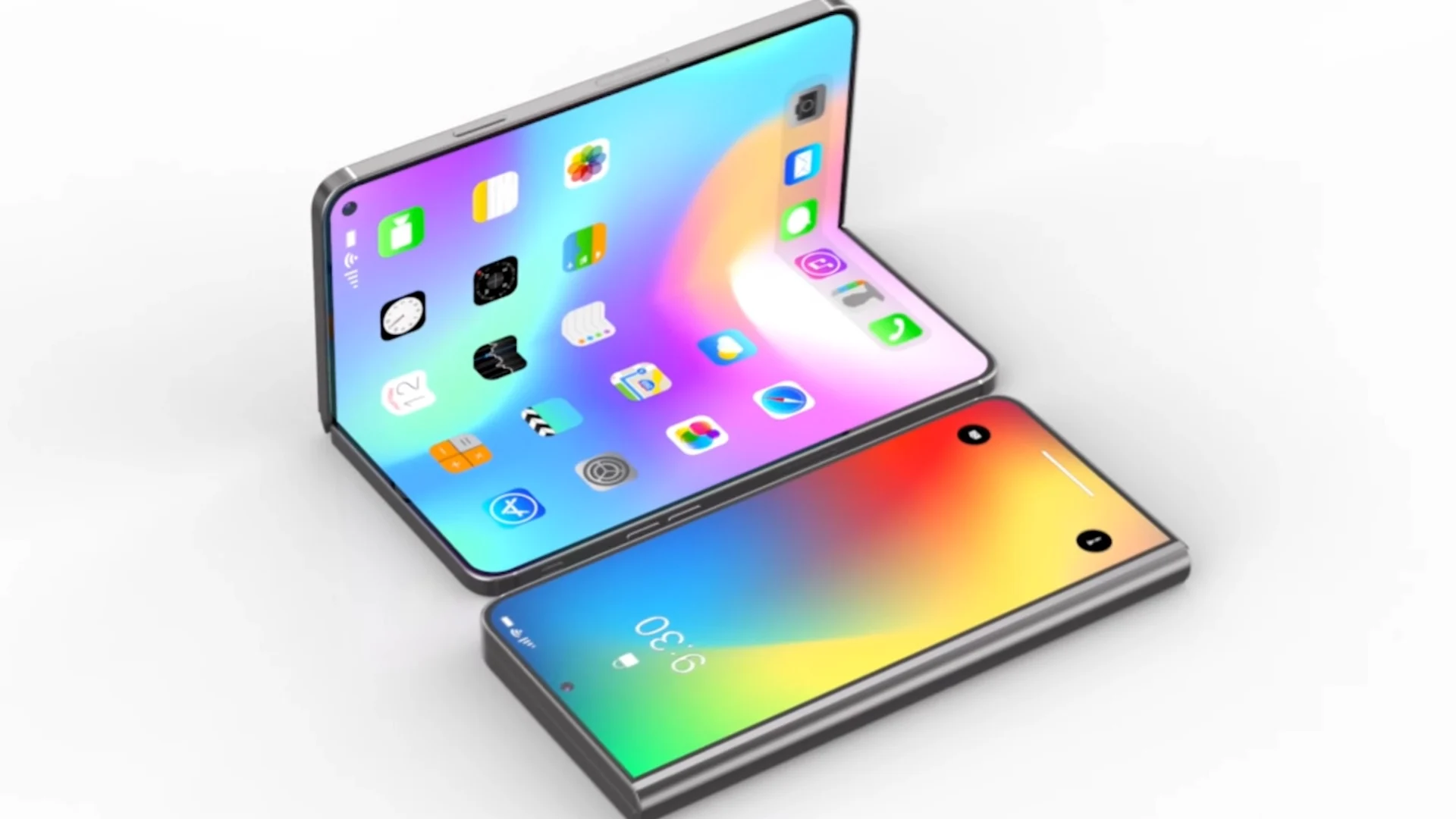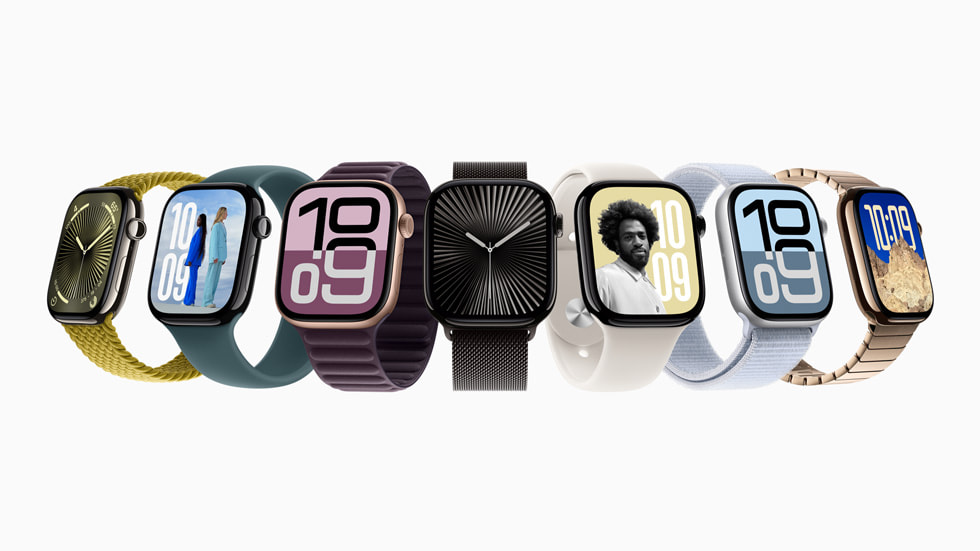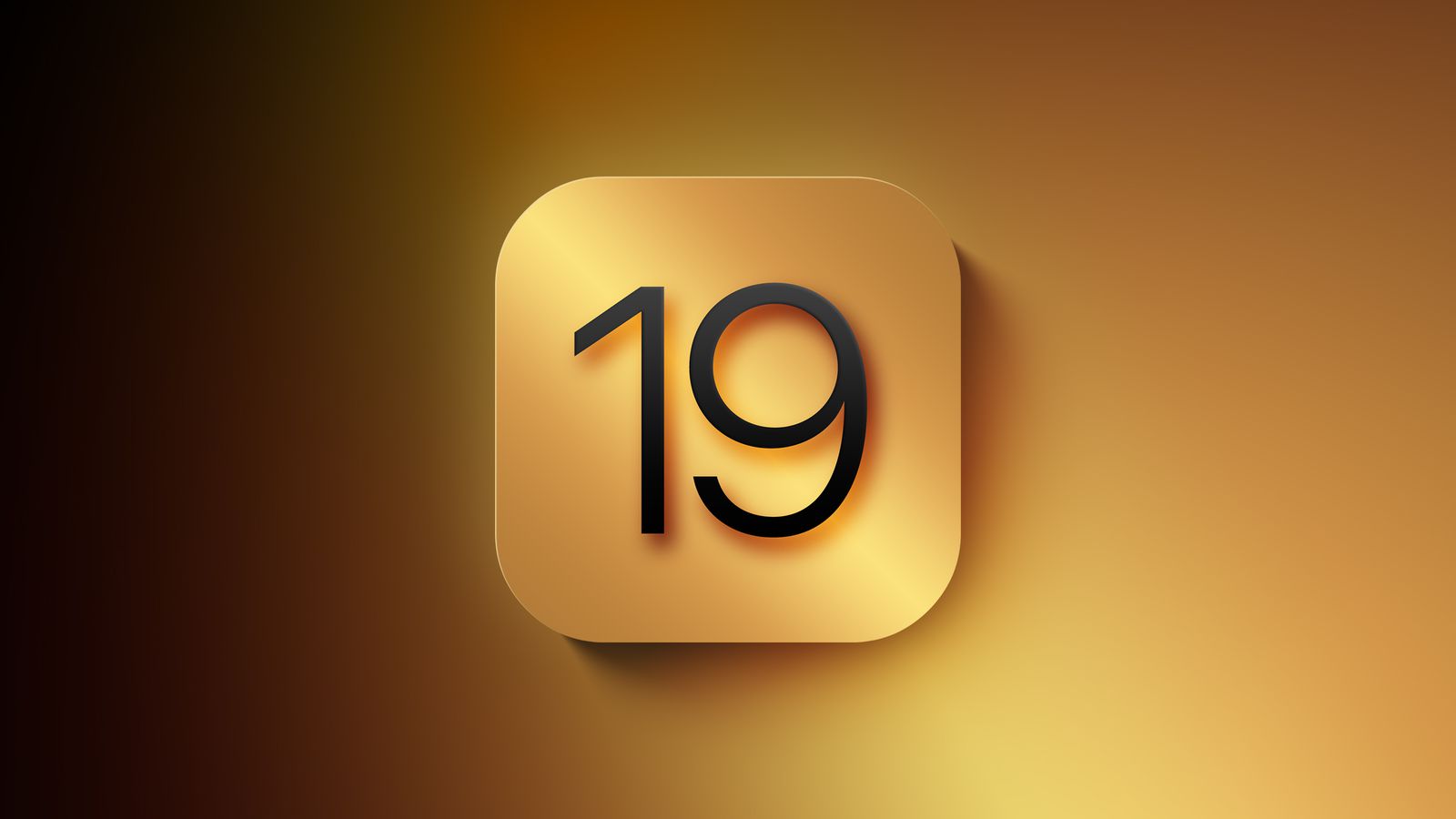Apple is in a rush to avoid new penalties from the European Union over its App Store policies. Back in April 2025, the EU fined Apple €500 million for breaking the Digital Markets Act (DMA), which aims to make tech companies play fair. The issue? Apple’s rules stopped app developers from telling users about cheaper payment options outside the App Store.
The EU gave Apple 60 days to fix these rules, with a deadline of June 26, 2025. Now, Apple is in last-minute talks with EU officials to ease its “anti-steering” restrictions, which limit developers from guiding users to external payment systems. A report suggests Apple might soon announce changes, like letting developers add links to their websites for payments, though it still charges a 27% fee on those transactions.
The EU is also eyeing Apple’s Core Technology Fee, a 50-cent charge per app install per year, which developers must pay. Discussions have touched on this fee, but no clear changes have been confirmed yet. If Apple’s tweaks satisfy the EU, it could avoid more fines. If not, the EU has the power to hit Apple with bigger penalties for ignoring DMA rules.
Apple’s already made some changes, like allowing one external payment link in the EU, but the EU wants more freedom for developers and users. The outcome of these talks will decide if Apple can keep its App Store model or face tougher consequences.






